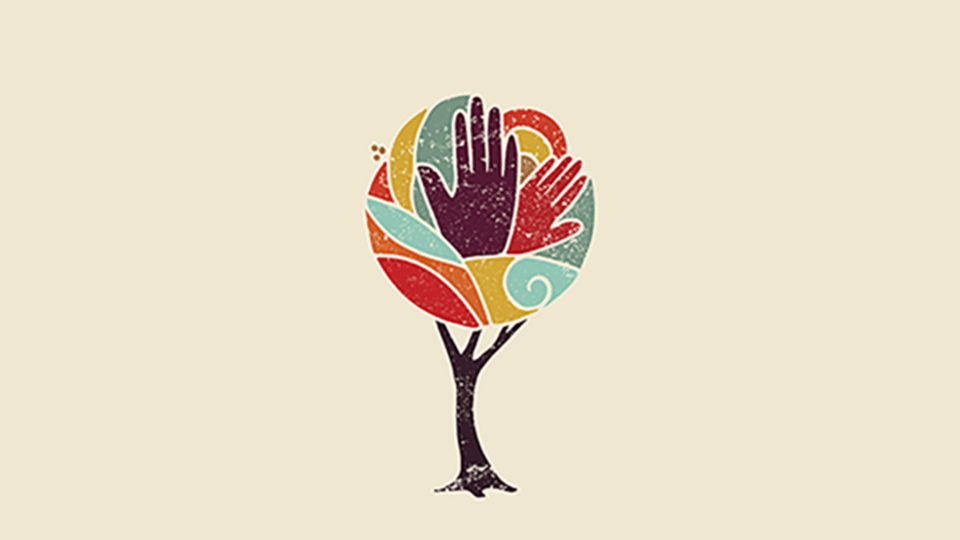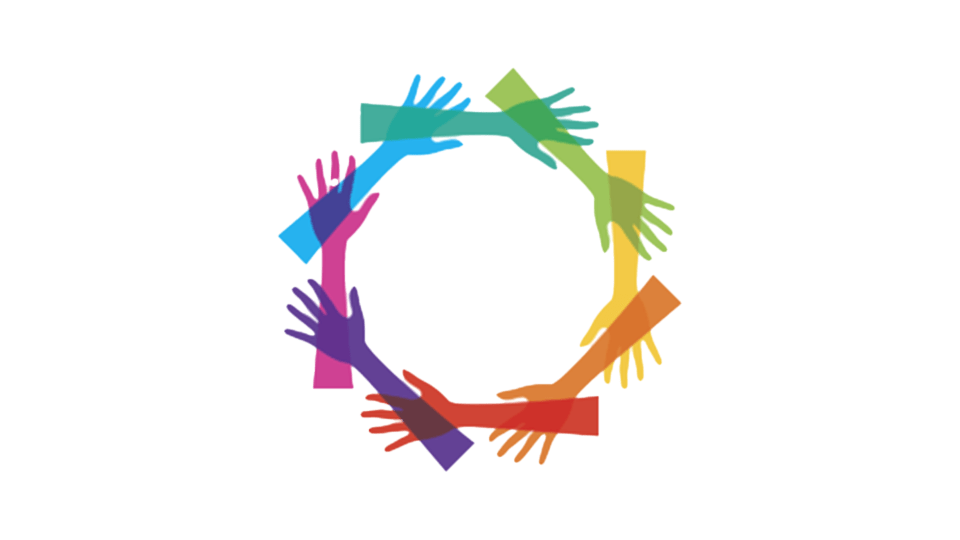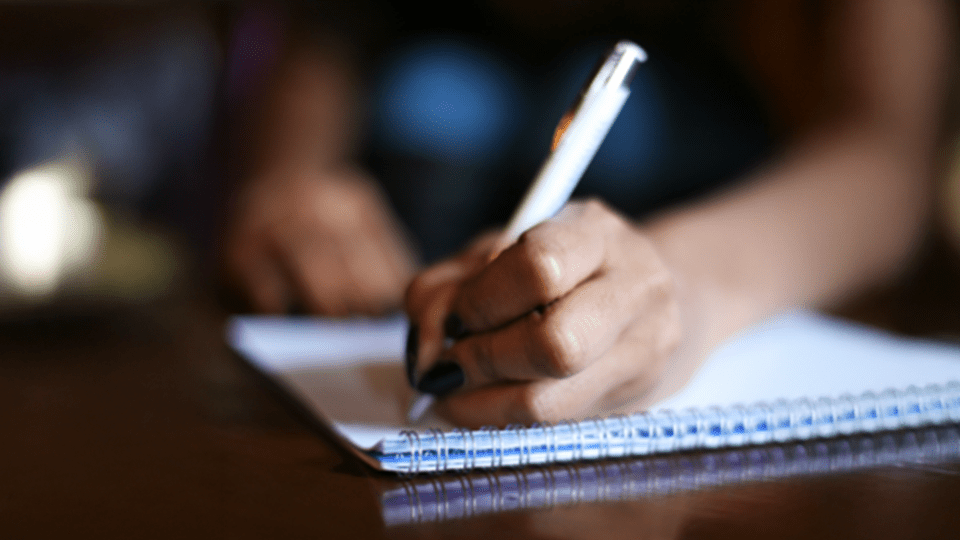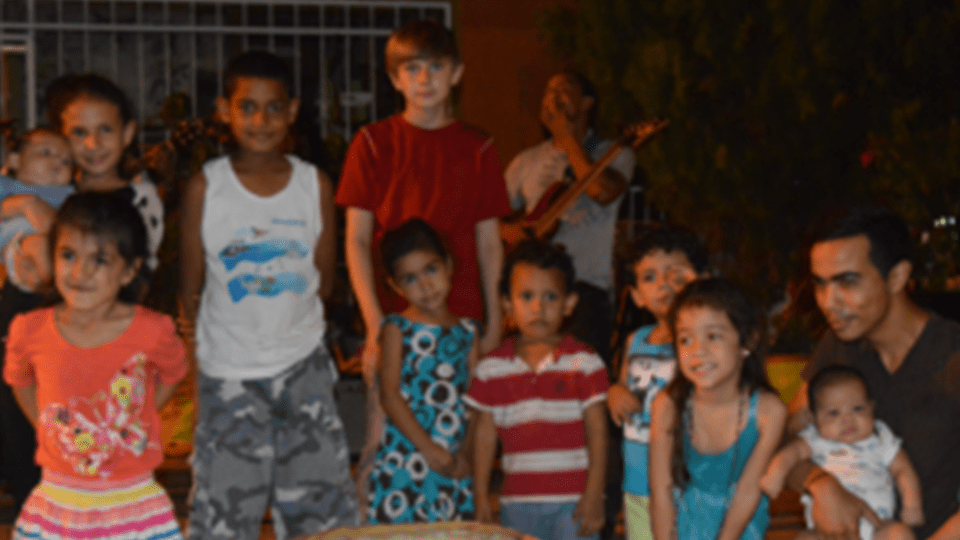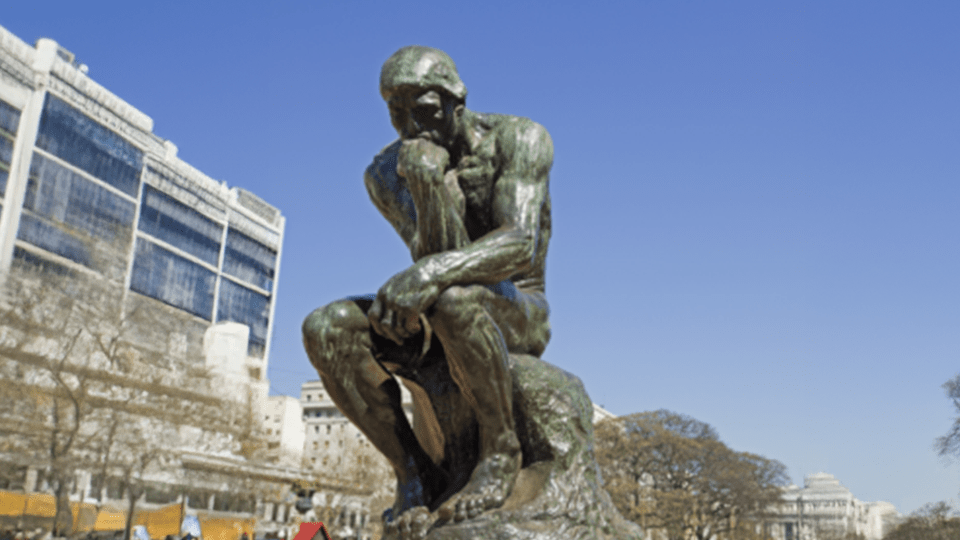Volume 6, Issue 2
From the Editor: A Kudos Moment
From the Editor: A Kudos Moment The eJournal of Public Affairs is pleased to announce our new website that will ...
Taking up the Challenges and Opportunities of Public Scholarship: Literacy Scholars Engaging with Communities
Taking up the Challenges and Opportunities of Public Scholarship: Literacy Scholars Engaging with Communities (Introductory essay: eJournal of Public Affairs ...
The Stories They Tell: Giving, Receiving, and Engaged Scholarship with/in Urban Communities
The Stories They Tell: Giving, Receiving, and Engaged Scholarship with/in Urban Communities Ashley N. Patterson The Pennsylvania State University Valerie ...
The Absent Dialogue: Challenges of Building Reciprocity through Community Engagement in Teacher Education
The Absent Dialogue: Challenges of Building Reciprocity through Community Engagement in Teacher Education Meghan E. Barnes University of North Carolina, ...
Now We Need to Write Something that People Will Read
“Now We Need to Write Something that People Will Read”: Examining Youth Choices as Perspectives of Literacy Research Joanne E ...
Reciprocity in the Practice of Publicly Engaged Scholarship: Reflections from a Transnational Literacy Project
Reciprocity in the Practice of Publicly Engaged Scholarship: Reflections from a Transnational Literacy Project Kate E. Kedley Rowan University Héctor ...
Going Public: Teaching Undergraduates How to Write for Broad Audiences
Going Public: Teaching Undergraduates How to Write for Broad Audiences Amy Lannin and Nancy West University of Missouri Author Note ...


